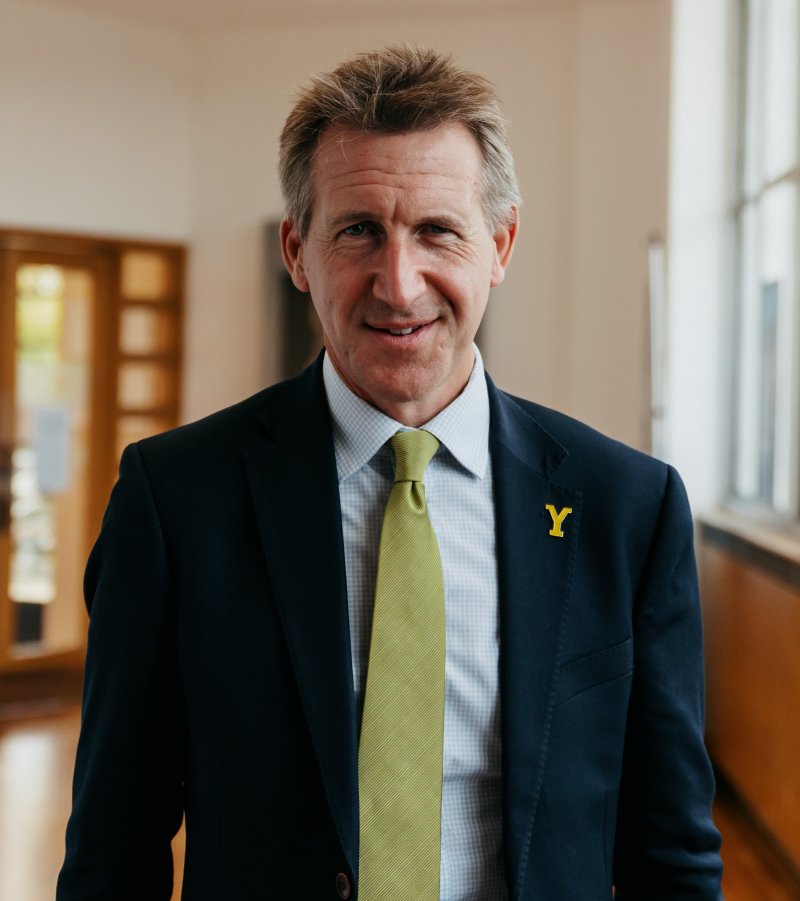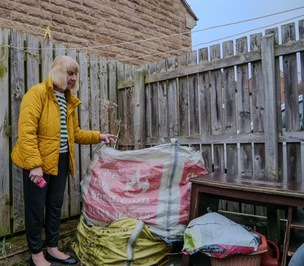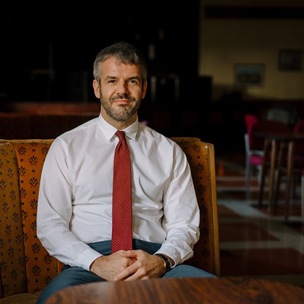EDUCATIONAL outcomes for children in Barnsley have been deemed ‘insufficient’ - and soaring rates of absence and suspensions have been blamed as a reason why youngsters are not achieving their potential in what has been dubbed a crisis.
Councillors will meet next week to discuss the town’s kids’ attainment levels, with key stages suffering from lower-than-average grades, particularly at GCSE level.
A council report said: “Educational progress for all children across Barnsley is insufficient, with particular concern around outcomes achieved by vulnerable cohorts.
“A predominant factor is the high number of children not attending full time school-based education, with too many children persistently absent, suspended or excluded from school.
“Educational outcomes will be adversely impacted if children are not attending and engaging in full-time, school-based learning.
“Rates of persistent absence, suspensions, exclusions and elective home education are high, and this is a factor in all children being supported to reach their full potential.”
The suspension rate for pupils in schools across Barnsley soared to the highest level on record, new figures show.
Department for Education figures show 10.6 suspensions per 100 pupils were handed out by schools in Barnsley in the 2023/24 autumn term.
This was up from 7.4 per 100 pupils the year before and was the highest on record.
In the 2019/20 autumn term, before the Covid-19 pandemic, the suspension rate was just 3.5 per 100 pupils.
The figures also showed the number of permanent exclusions nationally rose by more than a third in the last year, with 4,168 handed out, including 50 in Barnsley.
About 60 children were completely missing education, which has led to the council issuing more court proceedings against parents who have failed to ensure their child attends school.
Pepe Di’Iasio, general secretary of the Association of School and College Leaders, added: “There is clearly a very serious problem facing schools with rising incidents of challenging behaviour and in particular persistent disruptive behaviour, which is the most common reason for suspensions and permanent exclusions.
“This has become a great deal worse since the pandemic, where many children experienced disruption to their education and isolation that are continuing to have a lasting impact.
“In many cases, schools simply do not have the resources to provide the level of specialist support required to prevent behavioural issues from escalating and so we see this ending up with suspensions and permanent exclusions being used as a last resort.”
Education Minister Stephen Morgan said the surge in suspensions spiralled out of control under the Conservatives.
He added: “We have reached crisis point but this government is determined to turn the tide on poor behaviour, break down barriers to opportunity and ensure every child can achieve and thrive.
“We’ve already announced a significant £1bn investment in SEND, committed to providing access to specialist mental health professionals in every school, and our new regional improvement teams will work with schools to spread the highest standards of behaviour across our classrooms.
“But we know there is more to do and are looking closely at how we can go further to support teachers and drive up standards for all our children.”


























